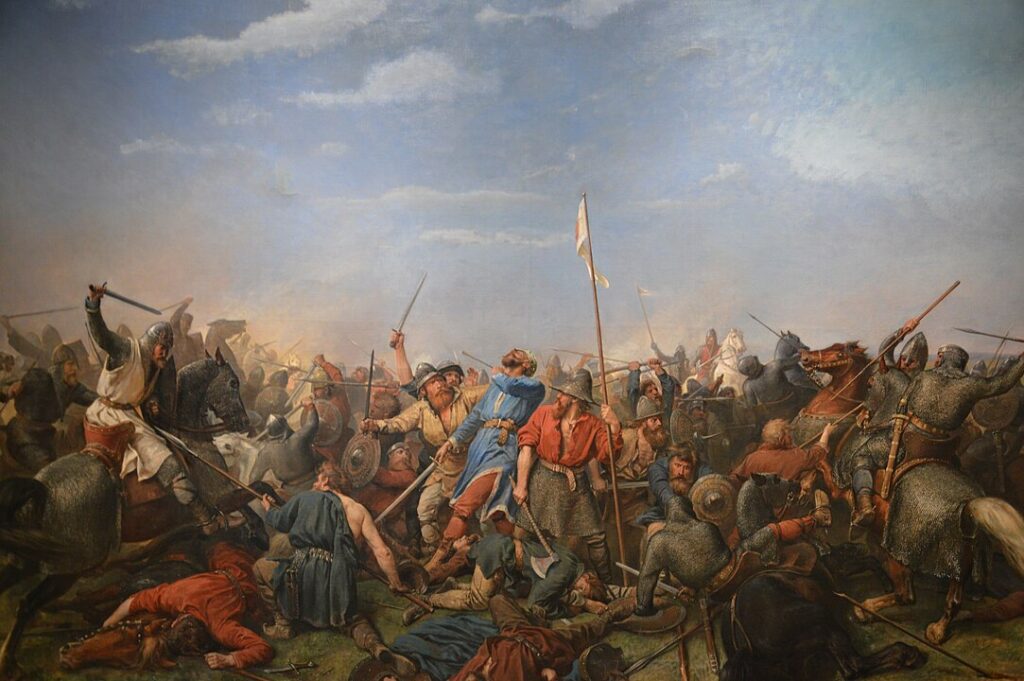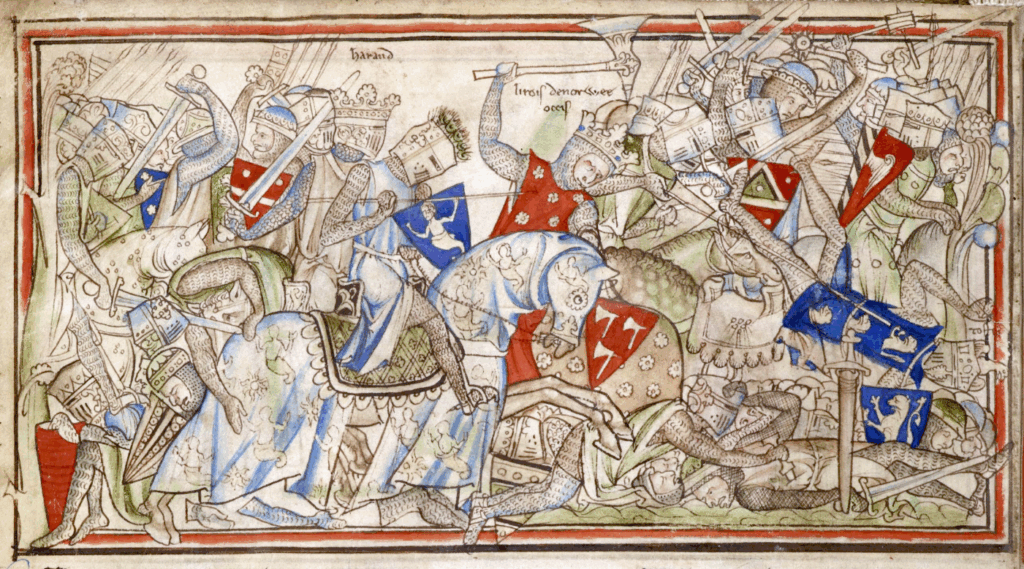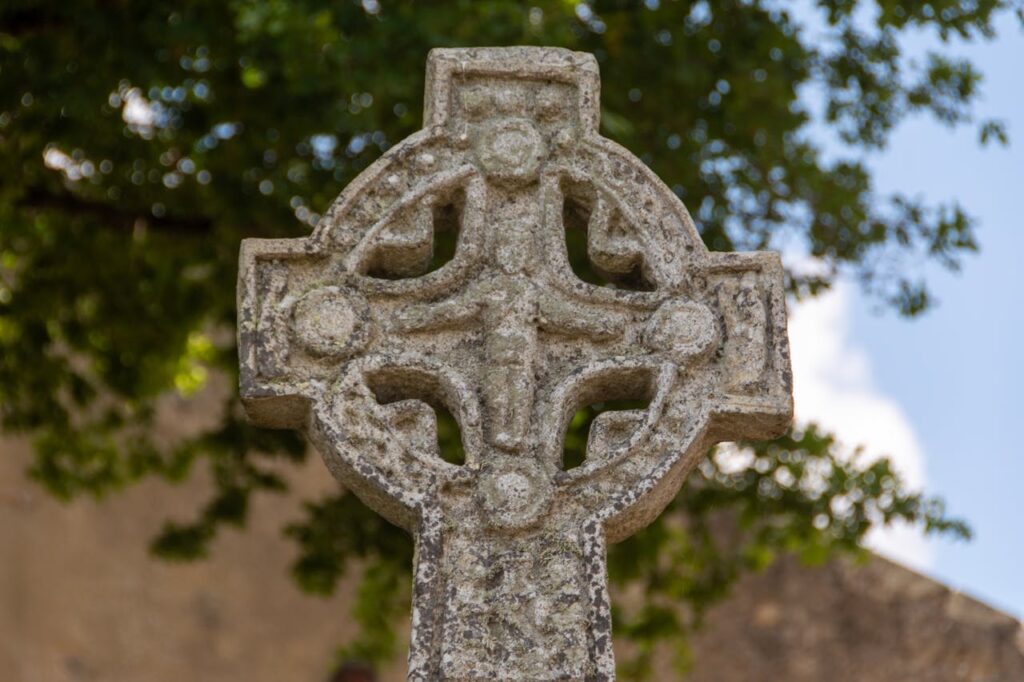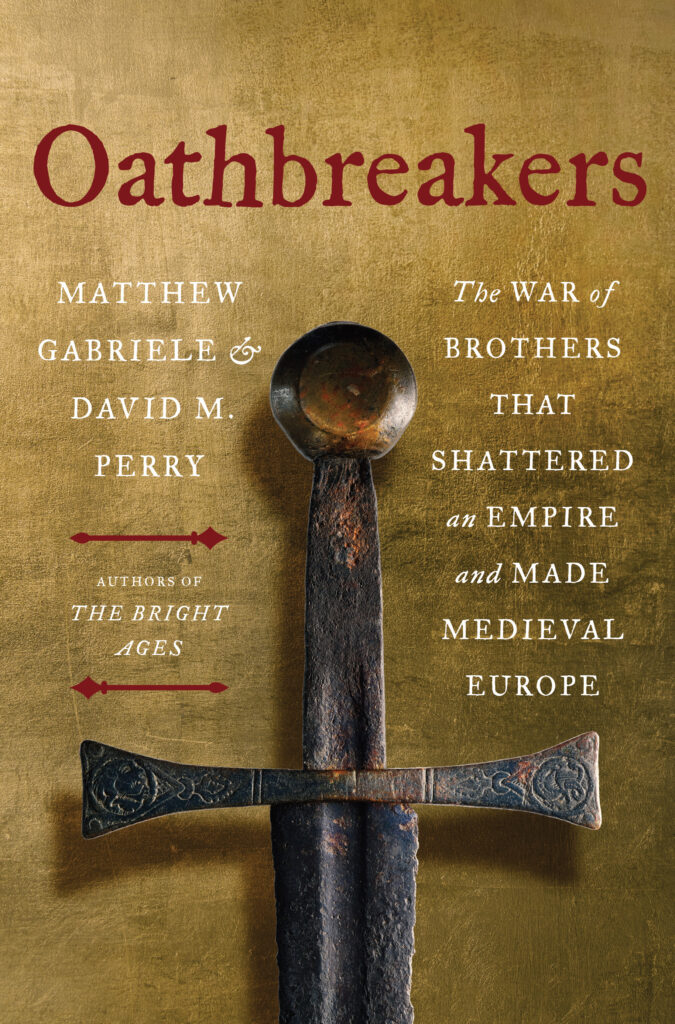
When the Wailers finished recording their new album, Bob Marley flew to London with the master tapes to present them to Blackwell. Hearing them, Blackwell knew that his gamble had paid off – big time. This was an album to make the world take notice.
His instincts vindicated, Blackwell and the Wailers signed a formal contract: from now on, Island Records would be promoting their career. But while Blackwell, an aficionado of Jamaican music, loved the recording he also knew what would appeal to the ears of the fans of underground rock he aimed to promote the band to. So, at the Island Records studios on Basing Street, Marley and Blackwell set about, as Blackwell called it, ‘sweetening’ the music for Western ears.
Keyboards player John ‘Rabbit’ Bundrick added the clavinet and synthesiser sounds to the record, their first use in reggae. But to really sweeten the record for Western ears, Blackwell needed some guitar: Wayne Perkins, from Alabama in the United States, was the man he brought in despite Perkins knowing next to nothing about reggae. But it would prove an inspired choice. Perkins got the solo on his third take. Marley was so delighted he ran into the recording studio and gave the guitarist a thanksgiving spliff.
Those present during these sessions affirm that Marley was very much part of the process involved in preparing the record for the market Blackwell had identified: this was no music-business Svengali remaking a band according to his own designs but a creative partnership, with Marley as ambitious to make it big as Blackwell.
Catch a Fire was released in Britain in December 1972 to a press fanfare and solid although not spectacular sales. To follow up the release, the Wailers went on tour in Britain, starting in April 1973. When they came off stage after their first show, the Wailers were puzzled by all the shouting from the audience: had they hated the show? They did not realise they were shouting for more. Their tour manager had to shove them back on stage for their encore. The tour ended with four nights at London’s Speakeasy club, then the hippest club in the country. The rock aristocracy turned out for the shows: Bryan Ferry, Eric Clapton, Jeff Beck, various members of The Who and Deep Purple, Brian Eno. They soon realised they were watching something new and revelatory.









